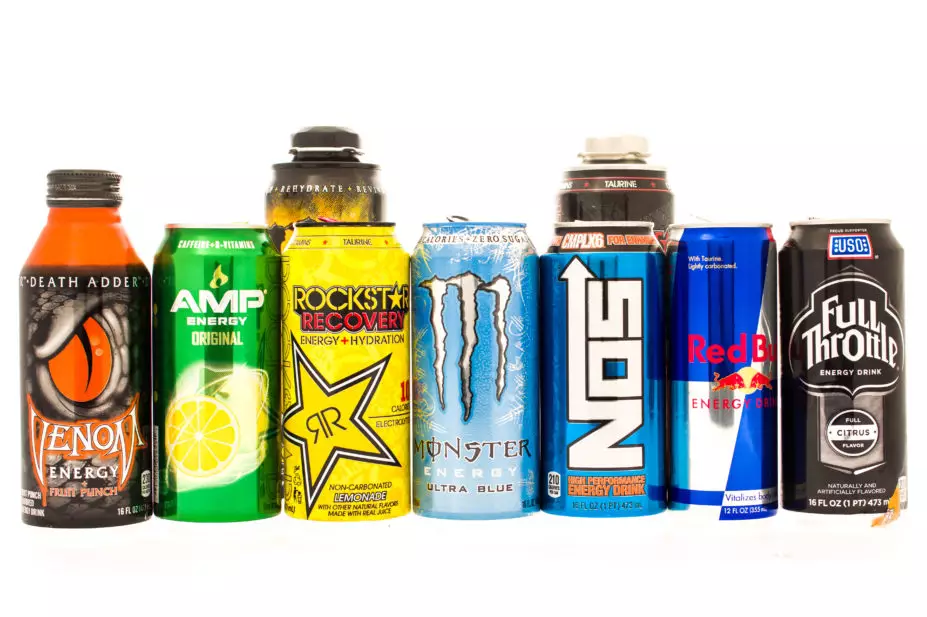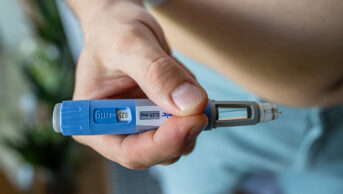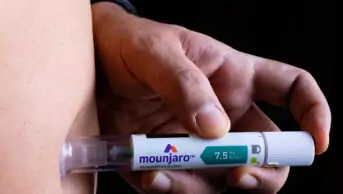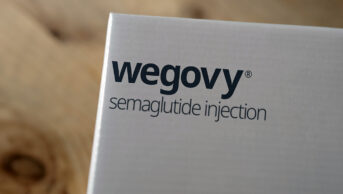
Shutterstock.com
The government wants to ban the sale of energy drinks to children in England on the grounds that they can damage their health.
It is considering introducing a statutory ban by all retailers of any drink to children that contains more than 150mg of caffeine per litre, apart from tea and coffee.
The move follows fears expressed in the government’s ‘Childhood obesity strategy’, published in June 2018, about the health impact on young people of energy drinks which contain high levels of caffeine and often 60% more calories and 65% more sugar than other soft drinks.
Boots voluntarily banned the sale of energy drinks to children aged under 16 years in March 2018.
As part of its public consultation, which opened on 30 August 2018 and will run until 21 November 2018, the government wants to find out which age group — under 16s or under 18s — should be subject to any ban.
It is also seeking views on its proposals to apply the ban to products sold by all online and high street retailers, as well as drinks sold in vending machines.
Under current EU law, all energy drinks containing more than 150mg of caffeine per litre have to have a warning label saying they are not recommended for children.
But the consultation overview says that children are ignoring the warning and that more than two-thirds of UK children aged 10–17 years, and nearly a quarter of those aged 6–9 years, are energy drink consumers.
It says: “Many larger retailers and supermarkets have voluntarily stopped selling energy drinks to under 16s. While we recognise the efforts of retailers who have already acted, there are still many retailers who continue to sell these drinks to children. Legislating to end the sale of high-caffeine energy drinks to children would create a level playing field for businesses and create consistency, helping ensure that children do not have access to energy drinks in any shop.”
The National Pharmacy Association produced guidance for community pharmacists about the sale of high energy drinks and children earlier in 2018.
The guidance reiterated that the sale of these products is not age-restricted, but that the Food Standards Agency advises that children should only consume caffeine in “moderation”.
It also pointed out that it is safe for children and adolescents to drink a maximum of 3mg/kg body weight of caffeine in a single dose or in a total daily dose. The NHS estimates that a mug of instant coffee typically contains around 100mg of coffee, while a can of cola contains around 40mg.


